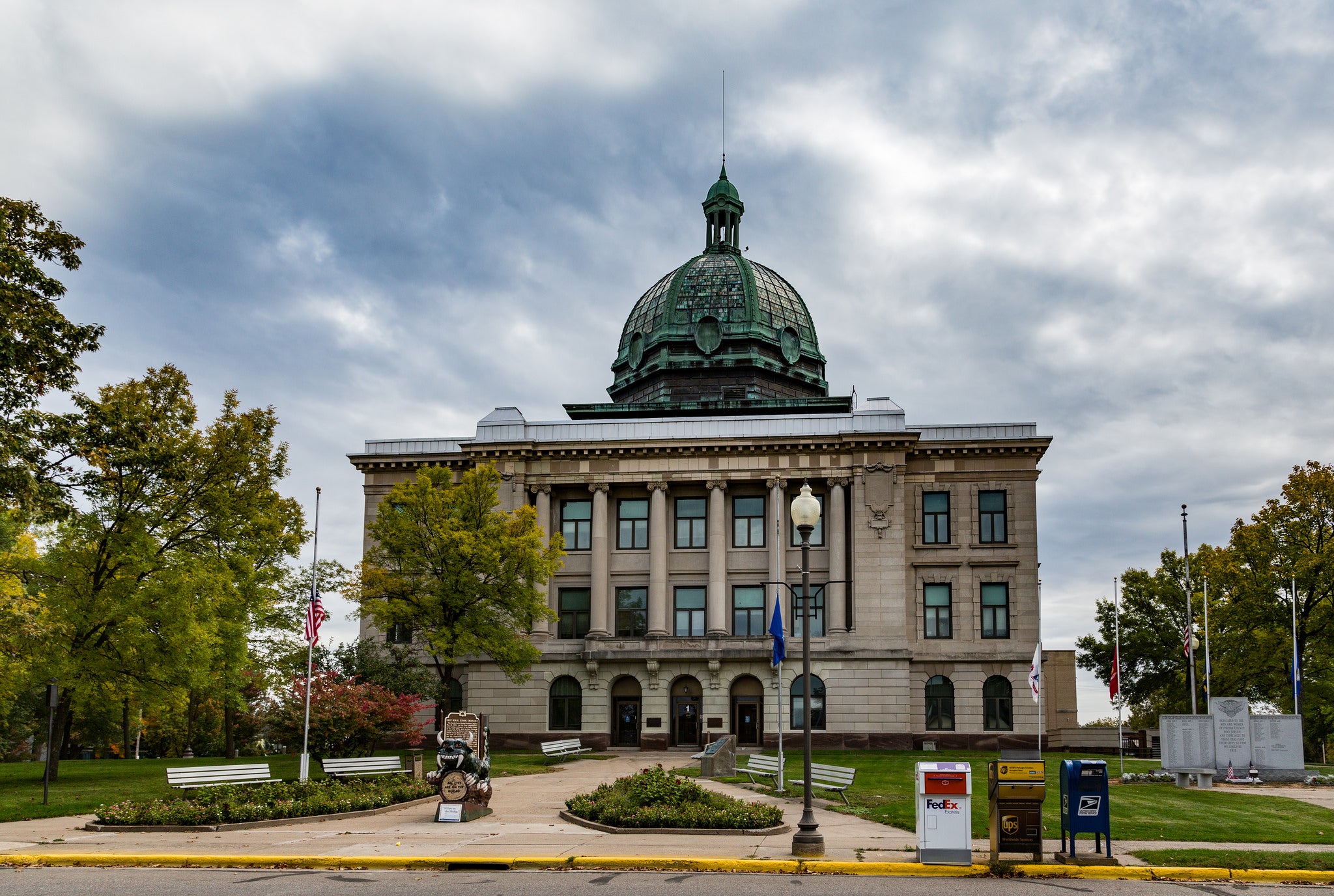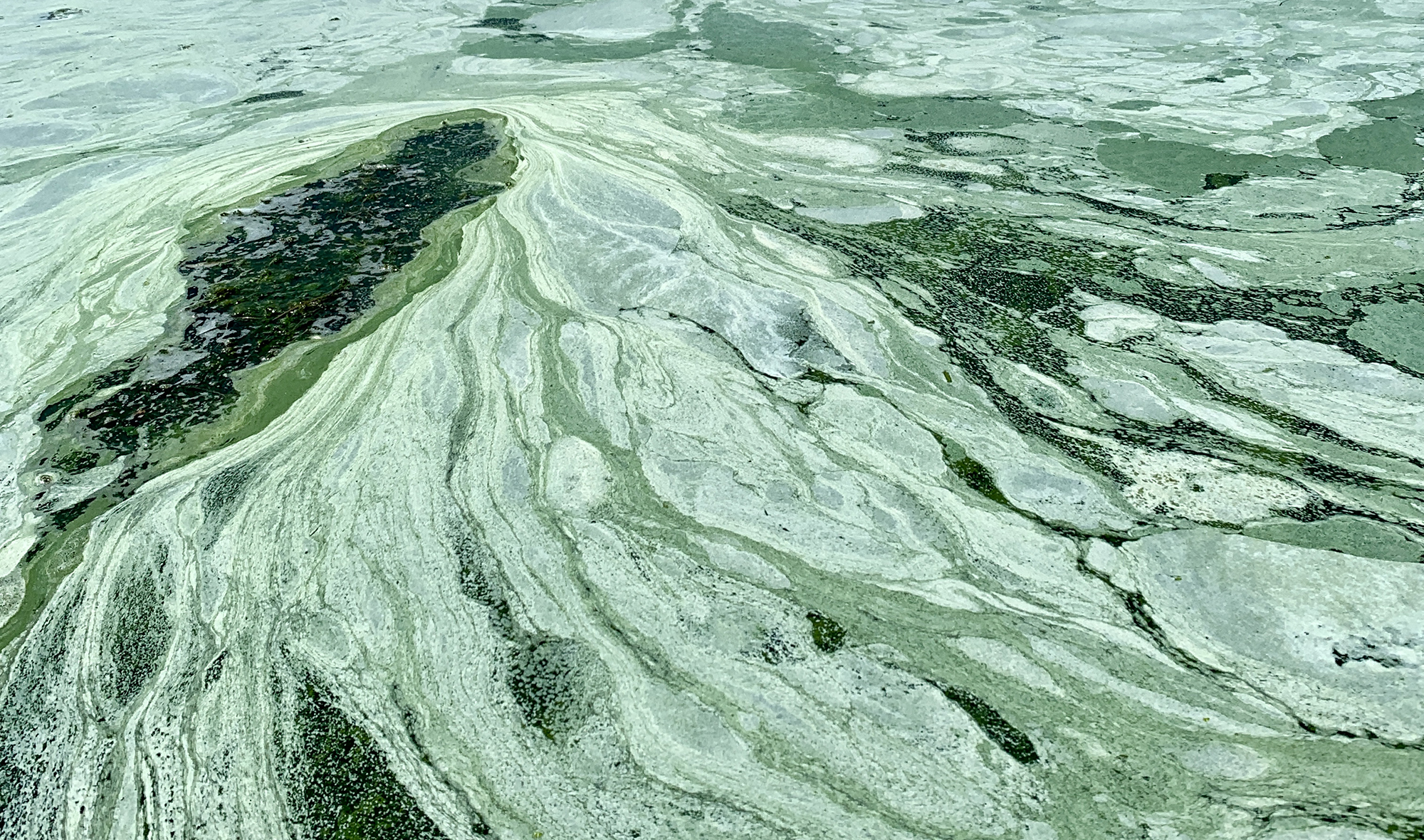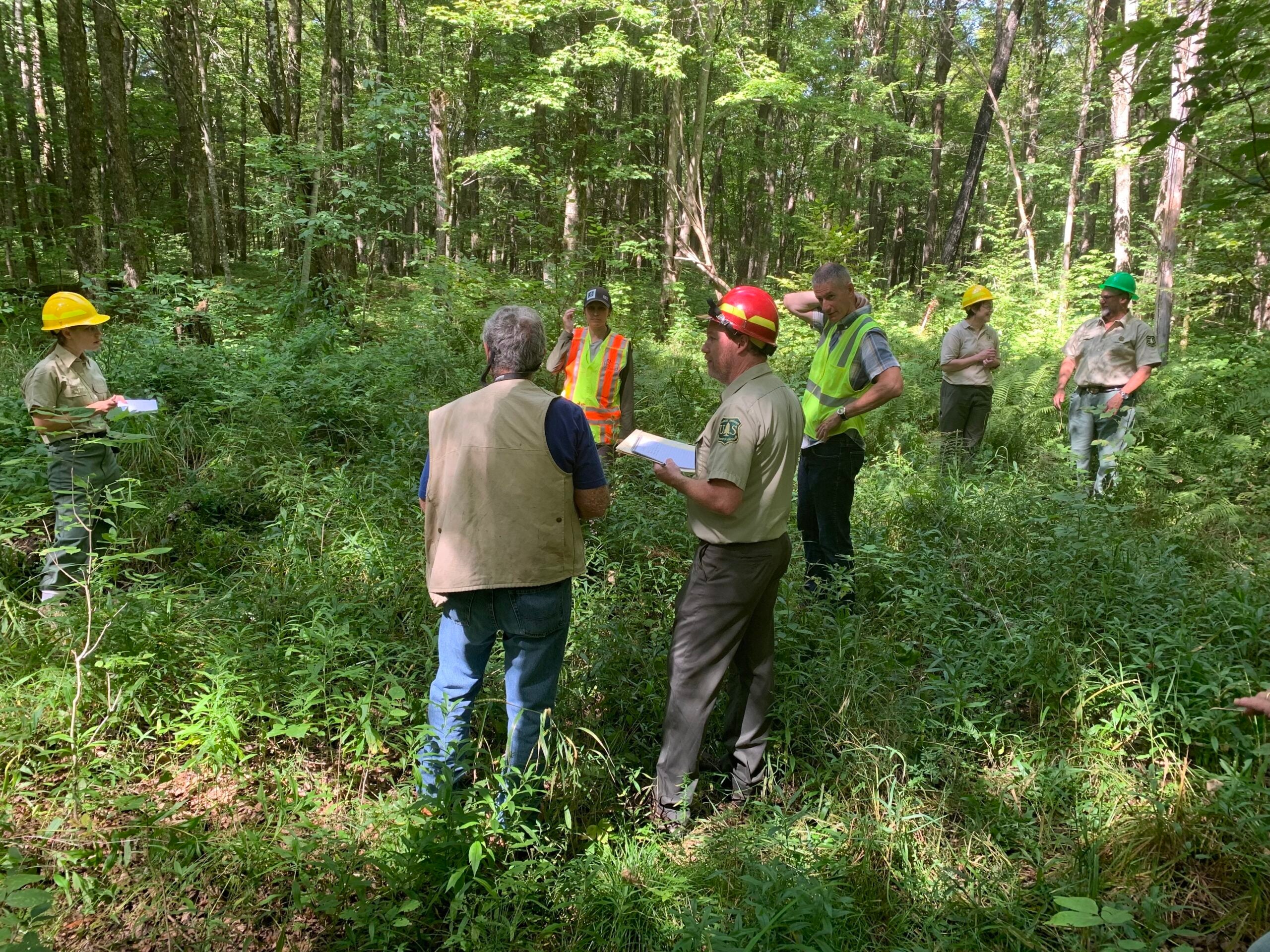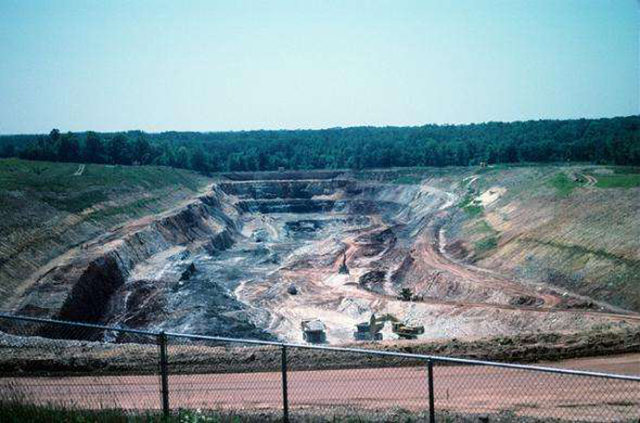A bill to repeal Wisconsin’s 20-year-old moratorium on mining for things like copper and gold has been introduced at the state Capitol.
While supporters say it could create a $1 billion dollar industry in Wisconsin, opponents say it will pave the way for acid mine drainage to pollute rivers and streams.
State Sen. Tom Tiffany, R-Hazelhurst, said he believes it’s time to let companies mine for nonferrous minerals in northern Wisconsin. For two decades state law has blocked mining for things like gold, copper and zinc in sulfide ore bodies unless companies could give examples of similar operations that mined for 10 years in sulfide deposits and had been closed for 10 years without polluting nearby waters. So far, none have come forward.
Stay informed on the latest news
Sign up for WPR’s email newsletter.
Tiffany said the law is prohibitive to what could be a thriving industry.
“I don’t believe there should be a moratorium on a legal processes,” Tiffany said. “You know, mining is a legal activity and we should be able to permit it, regulate it and that’s what our bill will do.”
Tiffany and Rep. Rob Hutton, R-Brookfield, introduced the bill Thursday.
Mining for minerals in rock containing sulfide deposits can be risky because exposure to air and water is known to cause acid drainage, which can pollute nearby waters.
Tiffany’s bill would do more than repeal the mining moratorium law. It would also:
- block the Wisconsin Department of Natural Resources from applying groundwater standards in rock deposits deeper than what is considered usable for drilling wells.
- remove a requirement for an environmental impact statement when a company proposes to drill for sampling purposes.
- exempt companies from some solid waste disposal fees.
To Tiffany, repealing the sulfide mining moratorium law is about jobs and economic development.
He points to mines in Michigan and Minnesota that employ hundreds. Also, he said opening the state to mining for nonferrous minerals could provide new supply chains to a massive LCD screen manufacturing facility proposed in southeastern Wisconsin by Taiwanese electronics manufacturer Foxconn.
“I do believe that this dovetails to a certain extent into the Foxconn issue, because some of the minerals that they use in producing the products that they do, they also can be found in northern Wisconsin,” Tiffany said.
Environmental groups have been anticipating Tiffany’s mining moratorium repeal for months.
Kerry Schumann, executive director for the Wisconsin League of Conservation Voters, said the moratorium on sulfide mining exists for a reason.
“It’s the most toxic industry in America. So, it creates a toxic waste, acid mine drainage that literally can kill off rivers and streams and lakes and wetlands,” Schumann said. “It can contaminate drinking water. It is the most contaminating industry in America.”
State Rep. Katrina Shankland, D-Stevens Point, agrees.
She said Tiffany’s claims that the moratorium is stifling environmentally responsible mining doesn’t track.
“He can’t have it both ways. He can’t say that these companies aren’t going to pollute, while also saying we need to eliminate a law that says you have to prove you’re not going to pollute,” Shankland said.
Wisconsin’s sulfide mining moratorium was passed in 1997 by a margin of 29 to 3 in the state Senate and 91 to 6 in the state Assembly. It was signed into law by Republican Gov. Tommy Thompson.
The state’s only sulfide mine was located near Ladysmith. The Flambeau Mine was an open pit copper and gold mine that operated from 1991 to 1999. After it was closed, environmentalists brought a lawsuit against the company for polluting a small nearby stream. A federal judge ruled the company had violated the Clean Water Act but that discharges were small. An appeals court overturned the ruling against the company in 2013.
Wisconsin Public Radio, © Copyright 2025, Board of Regents of the University of Wisconsin System and Wisconsin Educational Communications Board.




